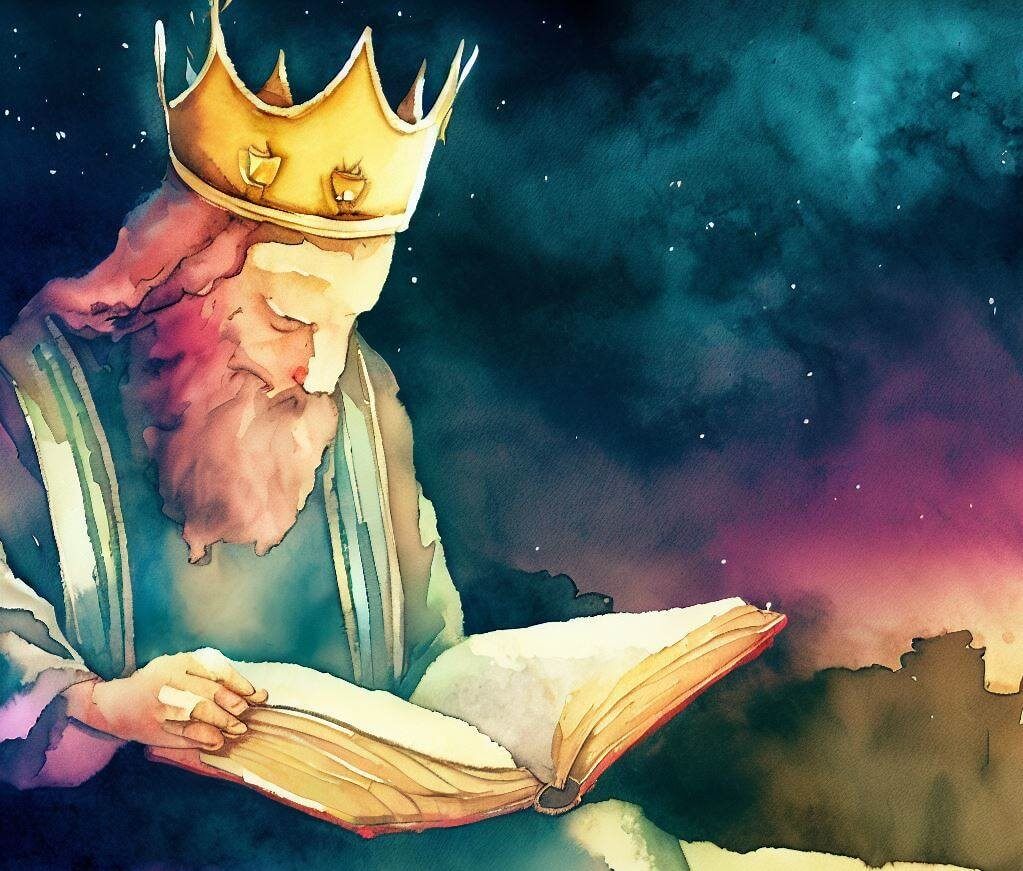
לְדָוִד: בָּרְכִי נַפְשִׁי אֶת-ה', וְכָל-קְרָבַי אֶת-שֵׁם קָדְשׁוֹ.
To David. Let my soul bless God, and let all that is within me [bless] His holy Name. (Psalms 103:1)
The psalm concludes with the same theme, “Let my soul bless God.” Clearly, the human soul is inherently connected to God. But what about our internal organs — "all that is within me"? Are they also able to sing God’s praises?
Human versus Divine Creation
The Sages taught that David composed this psalm after reflecting on the unique nature of Divine creation.
Mortal man is not like the Holy One. We are able to carve a figure on the wall. But we cannot place within it spirit and soul, organs and intestines. The Holy One, however, is different. God shapes a form within a form, and gives it spirit and soul, organs and intestines. (Berakhot 10a)
When we make an object, whether it be a table, a sculpture, or a skyscraper, we only manipulate its external properties. Even a robot is merely a sophisticated machine, lacking emotion and true intelligence.
Inventors, engineers, and artists cannot truly connect with the inner essence of the material they work with. We ourselves are created beings, and as such can only relate to other created objects on a superficial level. We may fashion its external shape — “carve a figure on the wall” — but we cannot provide it with a soul. We have no control over its true inner nature.
God, on the other hand, relates equally to all aspects of His creation, external and internal. The essence of Divine creation emanates from God’s will. He creates and sustains the inner nature of all creatures. For inanimate objects — their very state of existence. For living creatures — their instinctive nature and life-force. And for human beings — their emotions, intellect, and soul.
Searching Inwards
We sometimes hear of an extraordinary spiritual journey. An individual seeks the meaning of life by scaling the heights of a remote mountain or withdrawing to the vastness of an isolated desert. The psalmist, however, shares a surprising insight: a more authentic journey may very well start closer to home. One may search for God, not by turning outwards to the distant and faraway, but rather inwards to the immediate and near. "All that is within me will bless God’s Name.”
Rav Kook wrote:
Within our soul, all worlds are revealed. As we deepen our inner awareness of the soul’s qualities, we expand our understanding of all things. In particular, the soul of the universe and the original light from the Source of all life is revealed, according to the extent that we discover the universe within the soul itself. (Arpilei Tohar, p. 74)
The human soul connects to its Creator through its very essence. “Let my soul bless God.” The soul seeks and finds God within itself — in its intellect and in its elevated feelings. If we want to relate to our Creator, then we need go no further than our own inner selves. We can most easily relate to God through our innate qualities: our need for meaning, and our most powerful inner drives — for goodness, holiness, and justice.
The soul is elevated when it identifies the Divine within its own inner nature. Then, through its self-awareness, the soul is able to recognize its Creator, and bless God with love and great joy.
(Adapted from Ein Eyah vol. I, p. 52)